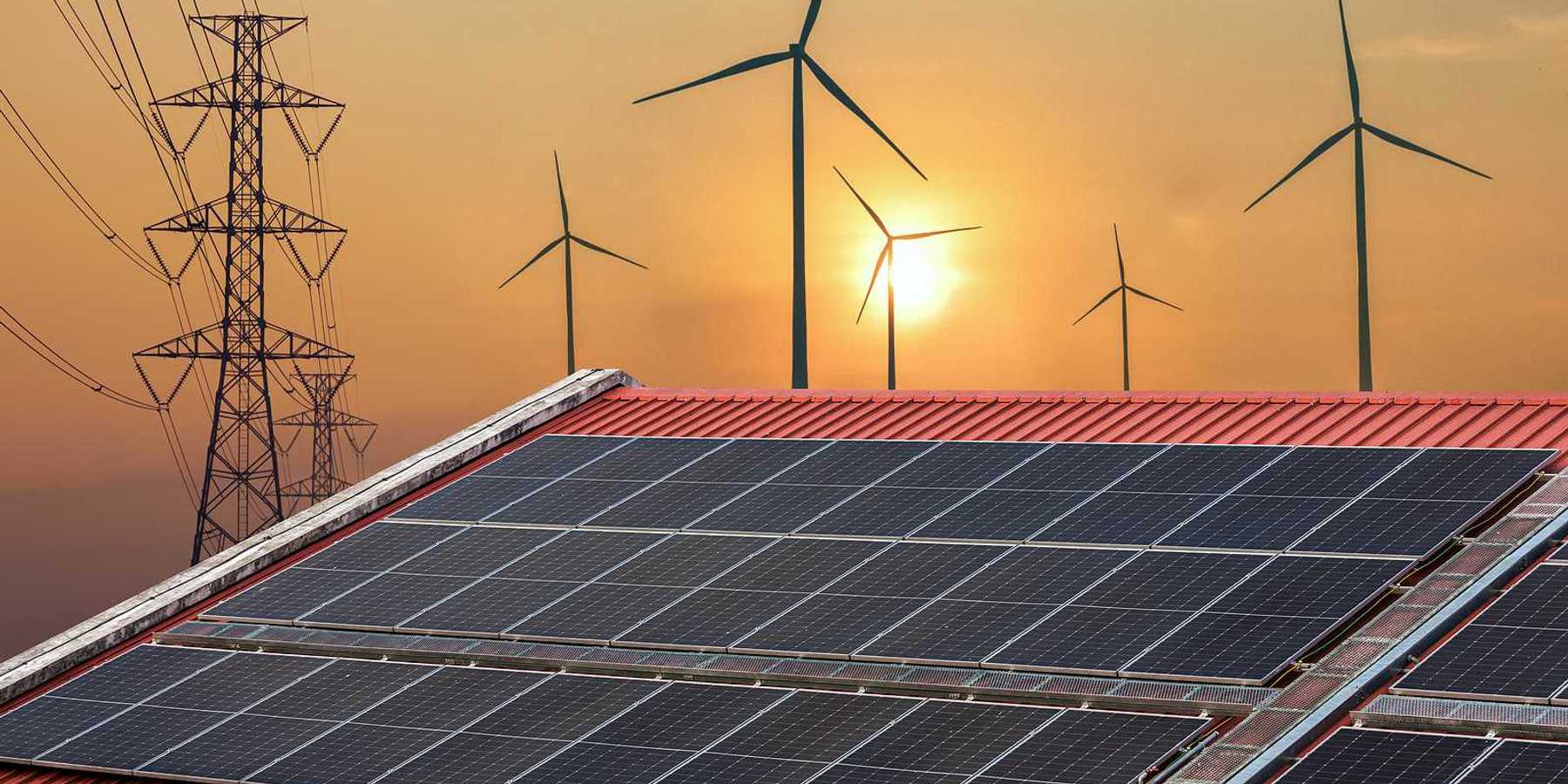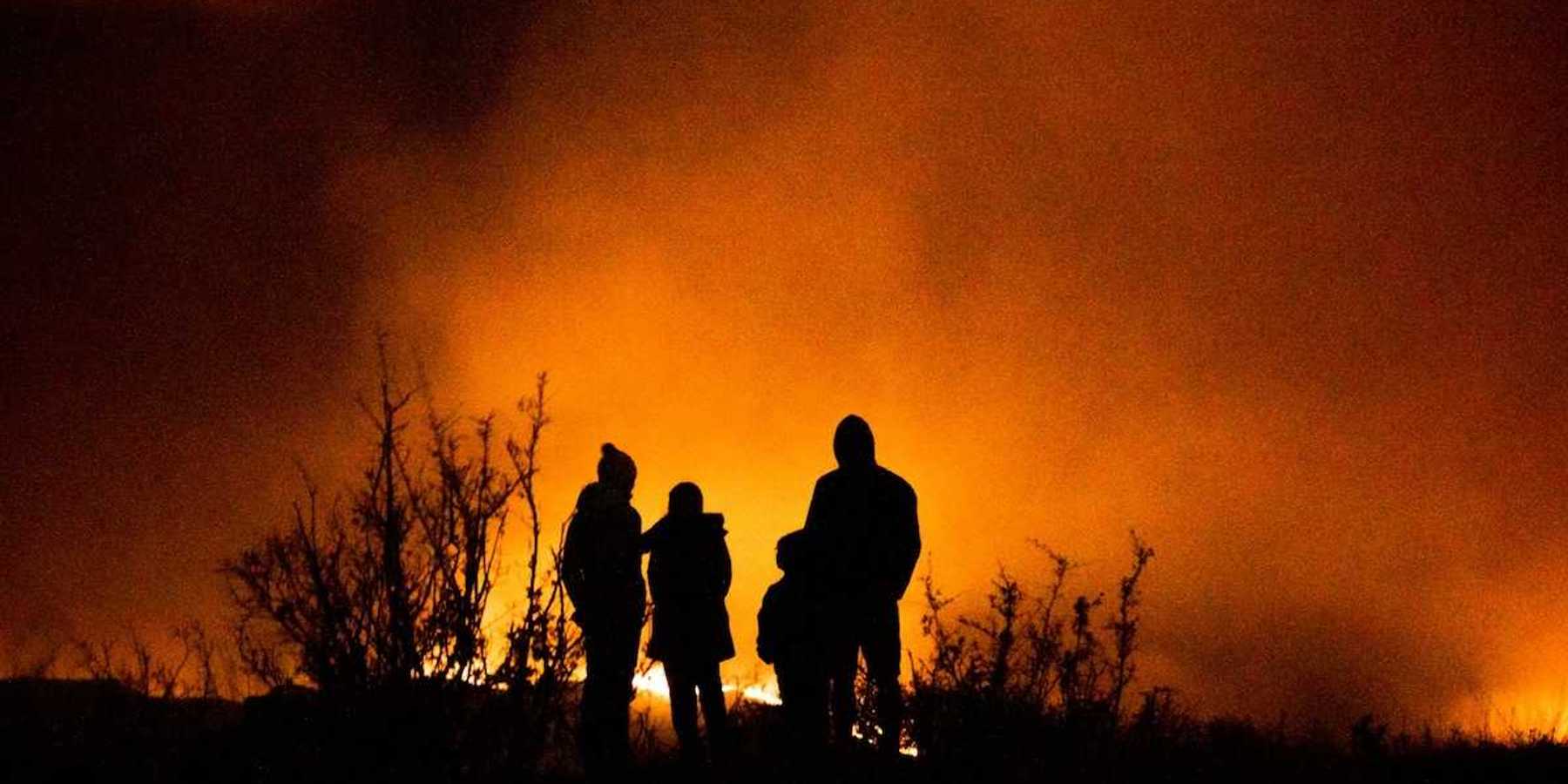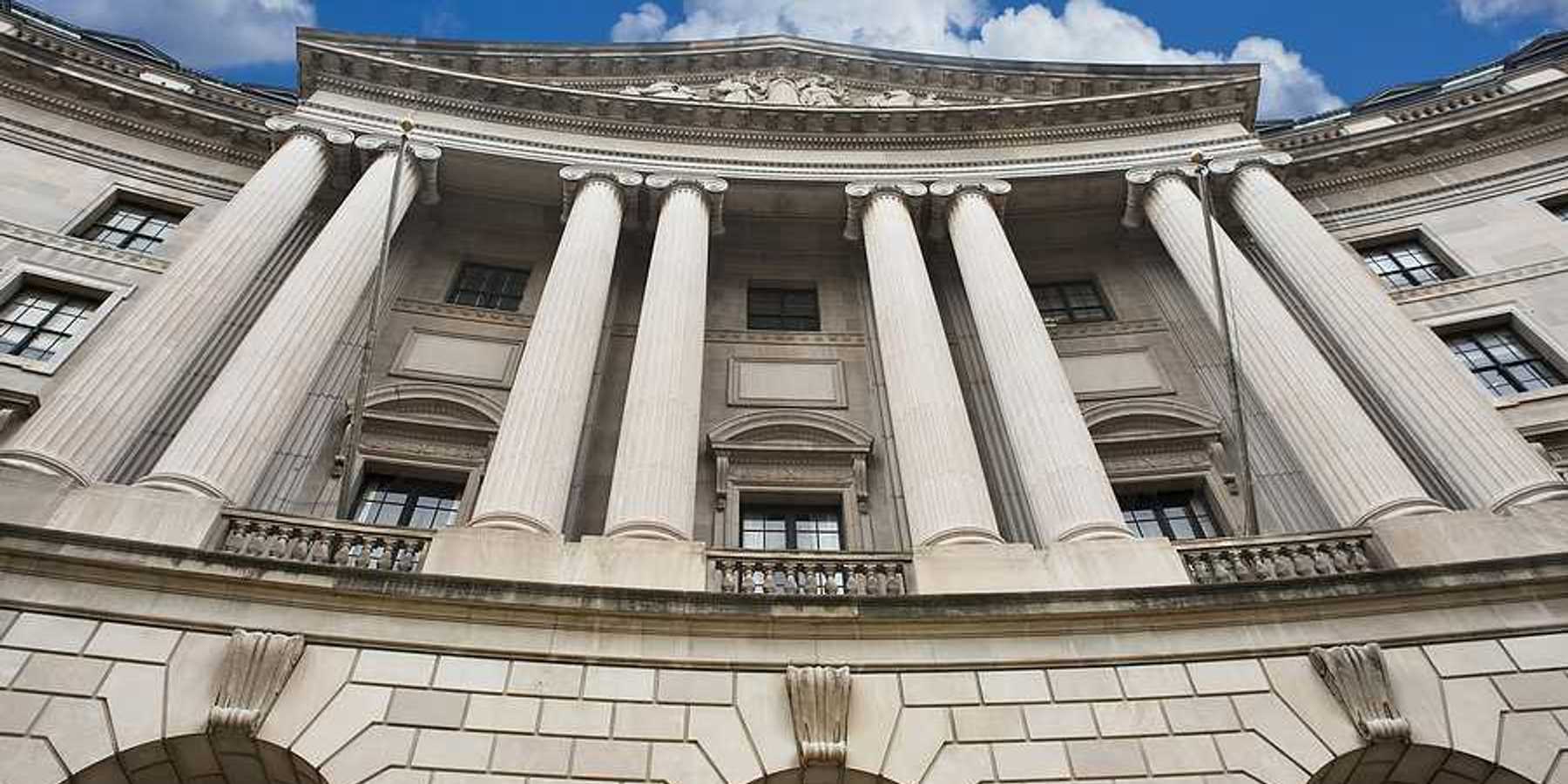New challenges arise as NOAA considers the regulation of solar geoengineering
In the face of mounting climate change impacts, calls grow for stronger oversight of efforts to modify the Earth's climate through solar geoengineering.
Robin Bravender reports for E&E News.
In short:
- The U.S. lacks robust regulations for solar geoengineering, sparking concerns among environmentalists and scientists over the potential consequences of unregulated climate intervention.
- Current laws only require minimal notification before launching geoengineering experiments, a standard critics argue is insufficient for overseeing the complex implications of such activities.
- As the planet warms, the interest in geoengineering as a stopgap solution to climate change increases, despite the significant risks and ethical questions it raises.
Key quote:
"I am more concerned about this than anything else. [Climate solutions] are not going to get deployed in time, which is only going to create more of a demand for something like this.”
— David Bookbinder, climate attorney and former Sierra Club’s chief climate counsel
Why this matters:
Geoengineering presents a controversial but increasingly considered option for temporarily mitigating climate change effects. However, its potential to alter weather patterns, impact global geopolitics, and cause unforeseen environmental consequences necessitates thorough regulation and public discussion.
EHN’s Pete Myers argues that once deployed, geoengineering gives excuses to avoid reducing carbon emissions.













